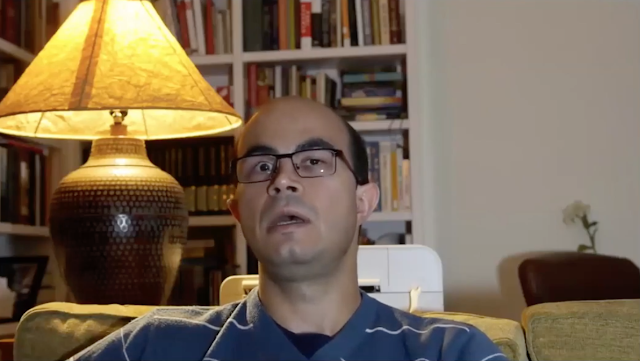Global Scholars Application Essay
Here's my application essay for the Global Scholars Program.
I think seeing the
distinction between pure science and the applications of science has opened my
eyes to what we as a society need to do on a global scale to create greater
general well-being. I have always had a strong connection to the sciences as a
whole, but have only recently been aware of the repercussions technology has on
the global scale. While we in the United States have the freedom to worry about
creating cutting-edge technology, people in many parts of the world still have
to suffer from problems that for the US would be easy to solve, that is, they
require no new innovation to implement. I was struck by a statistic brought up
in the last unit of AP Biology, that millions of children still die from
diarrhea each year despite hypothetically being a problem one can easily
resolve with antibacterial substances such as a chlorine tablet. Many of the
problems on a global scale don’t yet warrant radically new technology, they
rather require the successful implementation of already existing technologies.
Unfortunately, this is evident given the nature of pure science and the
application of science: pure science is a lens useful for discovering something
deeper about this world, and the application comes from how that can be used to
better society; that is, pure science does not necessarily prioritize activism.
This problem is the reality behind many global issues the impoverished suffer
from today: we should be considering not whether we as a society are on the
knife’s edge of technology to gauge our success but rather if we have used our
existing technology to the fullest.
Solving global issues
also has a lot to do with the implementation of technology and the persuasion
of governments to accept such changes as well. I realized this during my paper
written in APUSH, concerning the rise and fall of thorium-based nuclear power
in the United States. The element “thorium” might be unfamiliar to many because
of its major proponent, Alvin Weinberg’s failure to successfully advocate for
the usage of thorium-based nuclear reactors, despite their proven efficacy in
energy production. In his case, thorium-based nuclear reactors were a type of
radical technology that required both a demonstration of its feasibility and
also the convincing of other individuals who may be invested in another
technology to give the radical technology thought. While this example certainly
does not apply to all technologies that should be implemented in developing
countries for instance, such as pharmaceutical drugs, their use may be novel in
the region of interest.
Finally, we have to have
perspective on the people who are supposedly the perpetrators of actions
against the environment, for example. Charles Hamilton James, a National
Geographic photojournalist, gave a presentation that opened my eyes to how the
definition of sustainability was warped in the present day. The people who
continue logging and environmentally destructive activities are themselves good
people, and in essence they are making use of the resources they have available
to them. Like the old adage “Love the sinner, hate the sin,” I learned that
there is a key distinction between those who commit acts harmful to the
environment and the acts themselves. In order to separate the people from the
task that they do that creates harm, there needs to be some kind of incentive
(usually financial) that weans them off of the damage they cause. While just an
example of a lesson that is vital to solving the world’s issues, I have found
that gaining an understanding of why global issues persist is integral in then
addressing them.
I’d like to learn about
more what we can do to solve issues of climate change and issues concerning
pathology, an increasingly relevant topic given that global warming will lead
to greater disease propagation in general. Since I have always been interested
in Biology, I have found that I have felt a sense of lacking stemming from the
sense that I cannot put my knowledge to use. I believe the Global Scholars
program will provide an amazing opportunity to hopefully apply my knowledge in
ways that will benefit others in the Poly and hopefully, global community. Of
course, since the Global Scholars program will be filled with talented students
studying fascinating topics on the global scale, I’d love to teach and learn
from them on any topic they research.
I hope that the knowledge
and experience I provide to the Global Scholars program will be of benefit.



Comments
Post a Comment